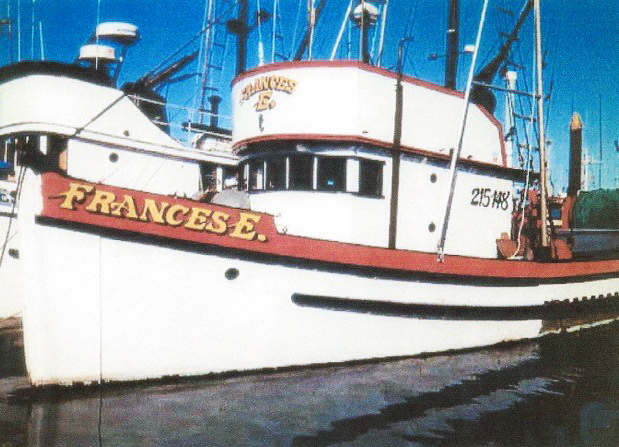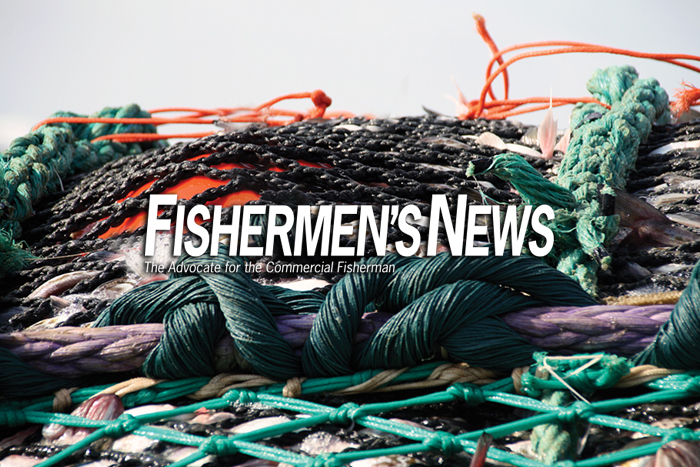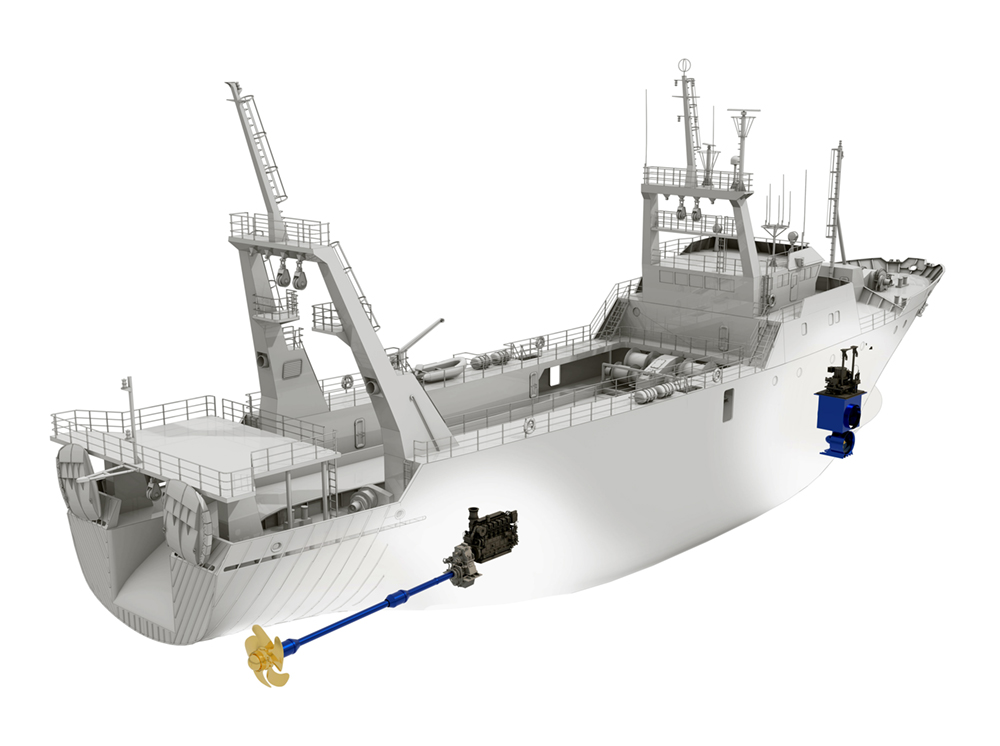Spinrad Confirmed as 11th NOAA Administrator, Coit as Fisheries Asst. Administrator
Rick Spinrad, who served as chief scientist of National Oceanic and Atmospheric Administration under the Obama administration, has returned to the federal agency as Undersecretary of Commerce for Oceans and Atmosphere, and 11th NOAA administrator.
NOAA Fisheries has also announced the appointment of Janet Coit as NOAA Fisheries assistant administrator.
Spinrad is tasked with leading the agency’s strategic direction and oversight of $7 billion in proposed FY22 annual spending to tackle challenges ranging from weather modeling and prediction, and the climate crisis to leveraging non-governmental and private partnerships and promoting a sustainable blue economy.
His appointment was confirmed by the U.S. Senate on June 17.
Spinrad also previously served as NOAA’s assistant administra...



